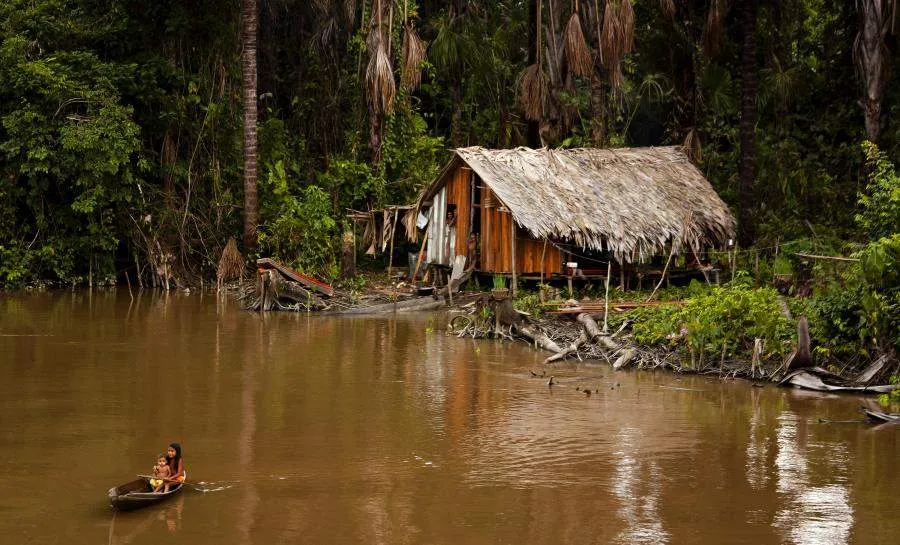One of the leading bodies in conservation and sustainable agriculture, the Rainforest Alliance, is calling on the government of Brazil to reaffirm its commitment to indigenous peoples and save the agency which protects the rights of such communities.
A powerful congressional commission in Brazil, with links to the farming lobby, is recommending dismantling the country’s indigenous rights agency, Funai.
Rainforest Alliance President, Nigel Sizer, says the move could be disastrous for the environment and for human rights.
“The Rainforest Alliance deplores the move to dismantle Brazil’s indigenous affairs agency,” says Nigel Sizer. “We believe that only by recognizing the rights of indigenous peoples to the land which they inhabit, will the issues of deforestation be properly addressed. Indigenous peoples in the Amazon and beyond have been living sustainably in and alongside rainforests for countless generations. They possess skills, knowledge and a commitment to custodianship which flies in the face of short-term gain. These are often marginalized communities, which seldom see the benefit when their resources are plundered. We urge the government of Brazil to reaffirm their commitment to the rights of indigenous peoples, by keeping Funai’s status and projects intact. Consumers around the world can play their part by checking that the products they are buying, such as coffee, bananas and chocolate, come from sustainably managed sources.”

Photo credit: iStock
Some Background on the Rainforest Alliance
The Rainforest Alliance was formed 30 years ago to tackle the growing crisis of deforestation. Today we work across the globe to conserve biodiversity and ensure sustainable livelihoods by transforming land-use practices, business practices, and consumer behavior.
Indigenous communities are often the best forest stewards. In indigenous-managed forestry concessions in Guatemala, deforestation rates are almost zero. Just outside the concessions, the deforestation rate jumps 20 times. The communities successfully manage 660,800 hectares of forest, and have earned US$13 million since 2013 from the sale of sustainable timber and other forest products.
In Madre de Dios, Peru, indigenous communities resisted powerful gold mining interests to maintain control of their land. They now sustainably manage 80,000 hectares of forest and export more than US$31 million worth of Brazil nuts, in addition to timber and other forest products.
More examples of indigenous forest management available here.

